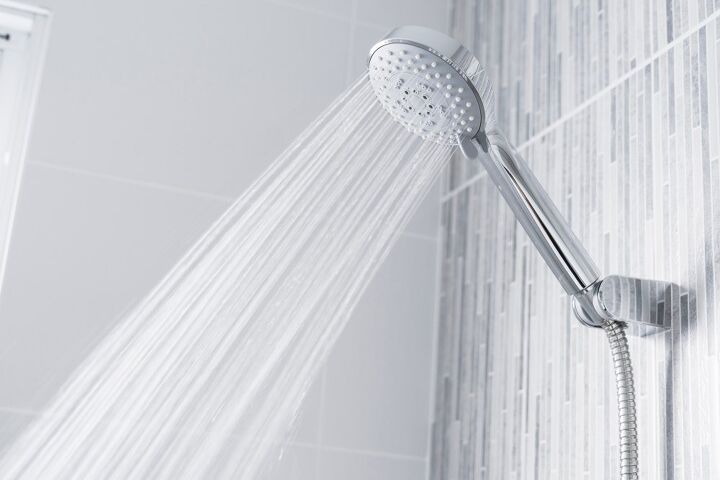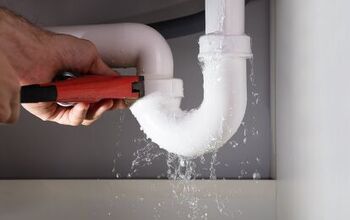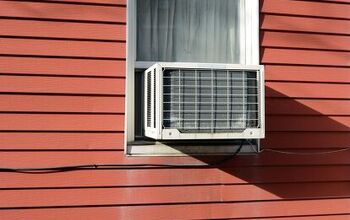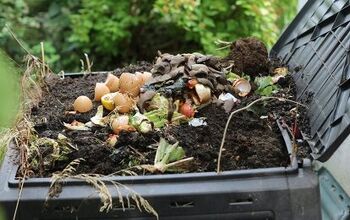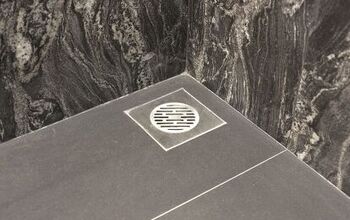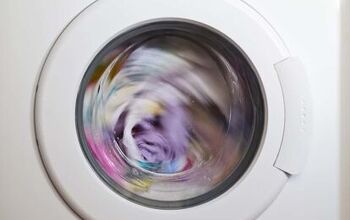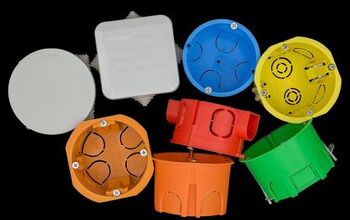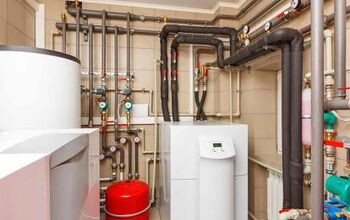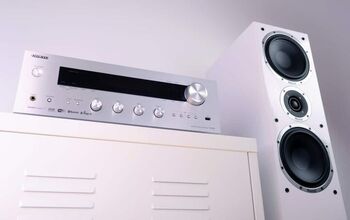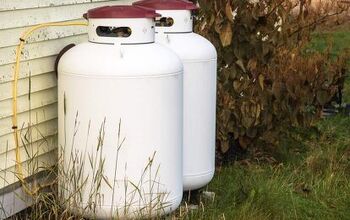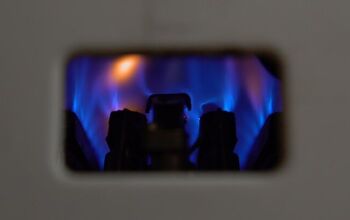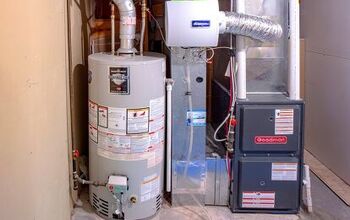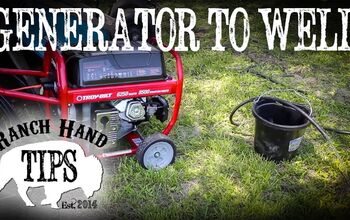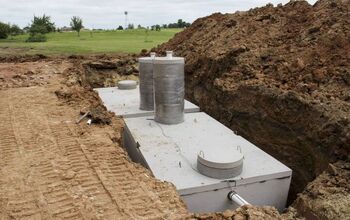Why Does My Shower Sound Like A Kettle?

One of the most alarming and frightening noises that your plumbing can make is a high-pitched squeal. It sounds similar to a shrieking tea kettle and it usually happens while you’re taking a shower. If your shower sounds like a tea kettle, then there are several different things that could be happening.
A shower that sounds like a tea kettle usually means that your water pressure is too high. However, there are several other possibilities including a bad shower head, issues with a showerhead component, or a damaged water pipe. It’s important that you figure out what the problem is and repair it in a timely manner.
A properly functioning shower shouldn’t make a tea kettle or whistling sound of any kind. Some of the problems indicated by a tea kettle sound are more serious than others. However, no matter what the problem is, a loud noise suddenly coming from your shower can be frightening and discomforting. In this article, we’ll look at all the possible reasons for this noise and what to do about it.
Do You Need to Hire a Plumber?
Get free, zero-commitment quotes from pro contractors near you.

Why Does My New Shower Sound Like a Kettle?
A kettle or shrieking sound coming from your new or old shower can be discouraging. It’s one of many noises that a malfunctioning plumbing system can make, and it’s also one of the scariest. The last thing that people expect to hear when they turn the shower on is a tea kettle! The most common reason for this type of noise is a faulty showerhead or excessive water pressure, but those aren’t the only reasons.
Excessive Water Pressure
Many older and some newer houses don’t have pressure regulators to regulate their water pressure. A regulator protects your house and plumbing fixtures from dealing with excessive pressure which can be damaging. If you hear a kettle noise coming from your shower, the most likely reason is that your water pressure is too high. You’ll have to enlist the help of a plumber to install a pressure regulator if this happens to you.
A Buildup of Junk Inside the Pipe or Shower Head
Another option for your kettle noise is that there’s a blockage in your shower head or water pipe. Your water pressure might be at the right setting, but a clog in your line will negate it. If water only has a tiny area to squeeze through, the pressure will be too high and you’ll still have a whistling or kettle-like noise. To prevent this noise from persisting, you will need to remove the showerhead and clear the blockage.
Damaged Water Pipe
If you have a brand new showerhead and you still hear a whistle or kettle noise, you likely have a problem with your water pipe. Behind the wall that your showerhead is attached to, there’s a set of hot and cold water pipes that feed the shower. If one of those pipes gets damaged or clogged, a kettle sound will usually be the result. Water pipes are tricky to work with and repair and you’ll have to contact a professional plumber for assistance.
It’s Time for a New Shower Head
When it comes right down to it, showerheads aren’t overly expensive and they’re fairly easy to replace. Depending on how old your head is and how bad the problem is, you might be better off replacing it.
Problems With the Diverter
Another common problem with showers that also double as bathtubs are diverter problems. The diverter is the valve on your shower/tub combo that directs the water either to the showerhead or the tub faucet. You can tell if the problem lies with the diverter because it will squeal when you turn or adjust it. You’ll need to contact a professional plumber with the tools and know-how to replace a damaged diverter.
How do I Stop My Shower Whistling?
A shower that’s whistling or making a tea kettle noise is a nuisance that must be dealt with. A whistling shower doesn’t always indicate a major problem, but it could lead to one eventually. It all depends on what the problem is and whether or not you can easily repair it.
If your shower is whistling and you want to take matters into your own hands, then here you go. Keep in mind that most whistling showers are the cause of high water pressure, which is easily fixable with the right tools and knowledge.
Turn Off the Water at the Main
The water main or main water valve is usually in the basement of your home. If you live in an apartment, you should contact your landlord to find out where it’s located. Once you’ve done that, turn the valve until it’s in the OFF position. To verify that the water is shut off, turn on a faucet in your house until water stops running out of it.
Lower the Water Pressure
Depending on what type of water pressure regulator you have, this can be easily done by turning a knob. However, if you don’t have a regulator at all, you should have one installed by a plumbing professional. Reducing the water pressure should improve the sound your shower is making.
Turn Your Water Back On
With your regulator turned to the proper setting or properly installed, it’s time to turn the water back on. Make sure all your faucets are closed so that you don’t waste water when you turn it back on. With everything closed, go back to the water main and open it back up so that water returns to your home.
Listen for a Kettle-like Noise
Next, go to your shower and turn the water on. Listen carefully for any type of kettle or whistling noise. If you don’t hear anything, then congratulations because your shower problem has been fixed!
What Causes Shower Pipes to Whistle?
The most common reason that your shower pipes whistle is because the pipes are clogged. Clogged pipes are especially common for people who don’t have a water softener. Softeners remove impurities, minerals, and calcium deposits from your water before it gets sent to the shower.
If you don’t have a softener, there’s a good chance that calcium or minerals have built up in your water pipes and are clogging them. The result is that water will have a limited area to move through and the pressure will be too high. This almost always results in a whistling or kettle-like noise.
Shower Whistles When Running Hot Water
If you’re only running hot water and your shower still whistles, then your water pressure is probably high. Hot water goes through your water heater where many of the minerals are separated from it. This reduces the risk of hot water clogging your water pipes, which leaves high pressure as the most likely culprit.
Is a Squealing Shower Dangerous?
A squealing shower isn’t always dangerous, but it can be at times. It all depends on what the problem is and whether or not it can be repaired. If the problem is only a showerhead, then that’s easy enough to repair or replace. However, if you have water pipe damage, the problem could eventually lead to a burst pipe and a flood in your home. Either way, a squealing shower is loud and annoying and nobody wants to deal with that.
Related Questions
Is it expensive to fix a shower that sounds like a kettle?
The cost to fix your shower depends on where the problem lies. Installing a new diverter or water regulator is fairly costly and will cost anywhere from $200 to $500. Repairing a clog in a pipe can cost several hundred dollars as well. However, installing a new showerhead will only cost around $50 depending on the type of shower head you purchase.
Can I fix a shower that sounds like a kettle by myself?
If you have the proper tools and plumbing skills, then you can fix your shower by yourself. However, if you’re unsure, you would be wise to contact a professional so you don’t make the problem worse than it already is.
Do You Need to Hire a Plumber?
Get free, zero-commitment quotes from pro contractors near you.

Final Thoughts
Nobody wants a shower that sounds like a kettle. It’s loud, frightening, annoying, and could indicate a serious problem. If your shower is doing this to you, it would be wise to contact a plumber and have the problem resolved immediately.

Before I started writing, I worked for 6 plus years in the plumbing, electrical, and HVAC business. I was primarily an HVAC installer but also worked as a plumber and electrician. Now I'm a copywriter, focusing on home improvement content and guides.
More by Jalin Coblentz



